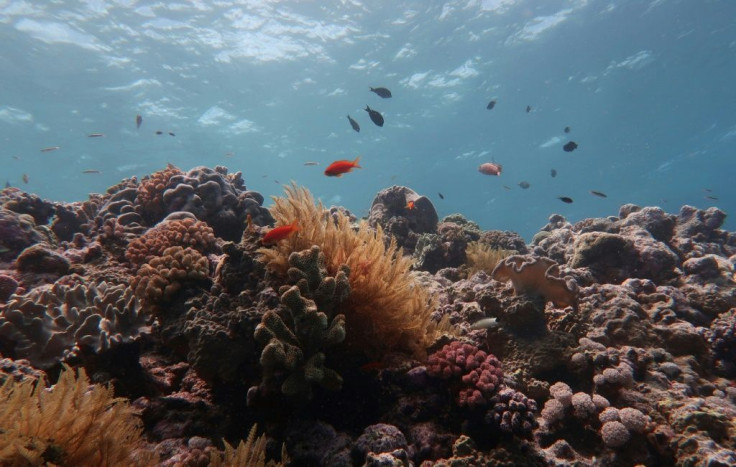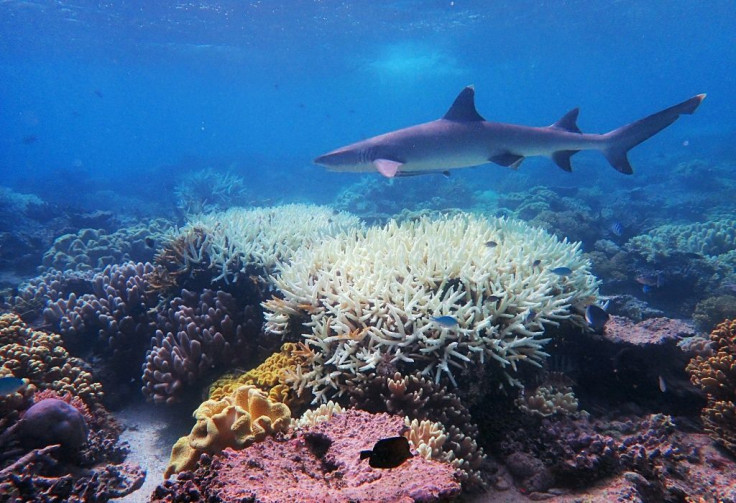Great Barrier Reef Increasingly Compromised: 50% Of Corals On World's Largest Reef System Now Dead
KEY POINTS
- Coral systems on the Great Barrier Reef have deteriorated greatly between 1995 and 2017
- Great Barrier Reef’s resilience to environmental factors diminished in the past decades
- Researchers are appealing for better data on coral populations on the Great Barrier Reef
The number of small, medium and large corals on the world's largest coral reef system has declined by more than 50% since the 1990s, according to a new study. Even with its immense size, the supposed resilience of the Great Barrier Reef has no match when it comes to climate change.
In a study published in Proceedings of the Royal Society, a team of scientists studied Great Barrier Reef’s coral communities and how their colony size changed in a span of more than two decades. Their analysis revealed coral systems along the Northern and Central Great Barrier Reef have deteriorated greatly between 1995 and 2017. The destruction was particularly pronounced after the mass coral bleaching events that occurred between 2016 and 2017.
The destruction of the coral reef systems will bring a major impact on the survival and breeding of all the different types of corals and marine life found on the Great Barrier Reef.

"A vibrant coral population has millions of small, baby corals, as well as many large ones-- the big mamas who produce most of the larvae," Dr. Andy Dietzel, lead author and a researcher from the ARC Centre of Excellence for Coral Reef Studies (CoralCoE) said in a press release.
Among the most worrying findings in the study is that the Great Barrier Reef’s resilience to environmental factors has also diminished in the past decades.
"Our results show the ability of the Great Barrier Reef to recover--its resilience--is compromised compared to the past, because there are fewer babies, and fewer large breeding adults,” Dietzel added.
"We used to think the Great Barrier Reef is protected by its sheer size--but our results show that even the world's largest and relatively well-protected reef system is increasingly compromised and in decline," Terry Hughes, co-author of the study and a professor from the James Cook University in Queensland, Australia, said in the same press release.
The most affected were the branching and table-shaped corals, the researchers said. Such coral systems are crucial for reef inhabitants, most especially to the various fish species on the reef.
The researchers are now appealing for more studies that will gather better data on the demographics of corals on the Great Barrier Reef. They said attention to the coral population should be as fervent as the attention given to human and tree populations.

© Copyright IBTimes 2025. All rights reserved.





















